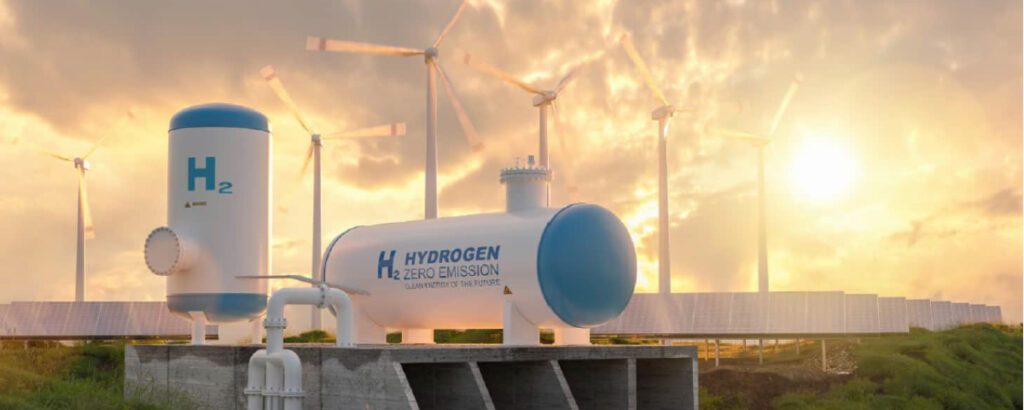Umfeldanalyse zeigt: Grüner H2 hilft bei dezentraler Stromversorgung auf pazifischen Inseln
6. Mai 2024 | Welche Chancen grüner Wasserstoff für die dezentrale Stromversorgung von Hotels und touristischen Objekten auf den pazifischen Inseln Fidschi, Samoa, Tonga und den Cookinseln bietet, hat eine Umfeldanalyse ergeben, an der Wissenschaftlicher:innen des RLI beteiligt waren. Die Analyse entstand im Rahmen des Projekts „Grüner Wasserstoff auf den Pazifischen Inseln (dezentrale und netzunabhängige Stromversorgung durch Mini-Netze)“ der Exportinitiative Umweltschutz des Bundesministeriums für Umwelt, Naturschutz, nukleare Sicherheit und Verbraucherschutz (BMUV).
Die Ergebnisse zeigen für Fidschi, Tonga und die Cookinseln, dass vollständig auf erneuerbare sowie Wasserstoff- und Brennstoffzellentechnologie basierende Energiesysteme in den meisten Fällen, neben der Emissionseinsparung, auch substanzielle Kostenreduktionen versprechen. Unter heutigen Bedingungen wäre schon ein Anteil von über 90 Prozent erneuerbarer Energien wirtschaftlich. Um diese Anteile zu erreichen, werden sowohl Wasserstoff- als auch Batteriespeichersysteme empfohlen. Diese schonen den Geldbeutel der Betreibenden und die Umwelt. Auf Samoa sind die Wasserstoffsysteme im gewählten Fallbeispiel aufgrund des niedrigen Netzstrompreises noch nicht wettbewerbsfähig.
Grüner H2 zur Dekarbonisierung des Tourismussektors
Der Tourismussektor in den untersuchten pazifischen Inselstaaten ist wirtschaftlich von zentraler Bedeutung. Allerdings ist er stark abhängig von fossilen Energieträgern für Transport, Strom und Kühlung. Angesichts der akuten Bedrohung durch den Klimawandel sind der hohe Energieverbrauch und die einhergehenden Treibhausgasemissionen bedenklich. Gerade für die Stromversorgung existieren günstige dezentrale Alternativen um vor allem Dieselgeneratoren zu ersetzen.
Aus diesem Grund hat die Auslandshandelskammer Neuseeland (AHK) in Zusammenarbeit mit dem Reiner Lemoine Institut, Chambers für GreenTech und der NOW GmbH die Umfeldanalyse über den Einsatz von grünem Wasserstoff in Verbindung mit erneuerbaren Energien zur Reduzierung des Anteils der derzeitigen Diesel-Energieversorgung für Pazifische Inseln erstellt.
Grüne Wasserstofftechnologien in Fidschi, Samoa, Tonga und den Cookinseln
Konkret bewertet die Analyse das Potenzial von grünen Wasserstofftechnologien anhand von Fallstudien in Fidschi, Samoa, Tonga und auf den Cookinseln. Der Fokus der Analyse liegt daher auf der Anwendung erneuerbarer Energien sowie grüner Wasserstoff- und Brennstoffzellentechnologien und Batteriesystemen als Energiespeicher für die dezentrale Stromversorgung von Hotels, Ressorts und anderen touristischen Einrichtungen. Die RLI Wissenschaftler:innen aus dem Forschungsbereich Off-Grid Systems verwendeten für die Erstellung der Szenarien und Analysen der Fallbeispiele eine Multi-Vektor-Simulationssoftware (MVS), die auf oemof aufbaut.
Die komplette Umfeldanalyse gibt es hier.
